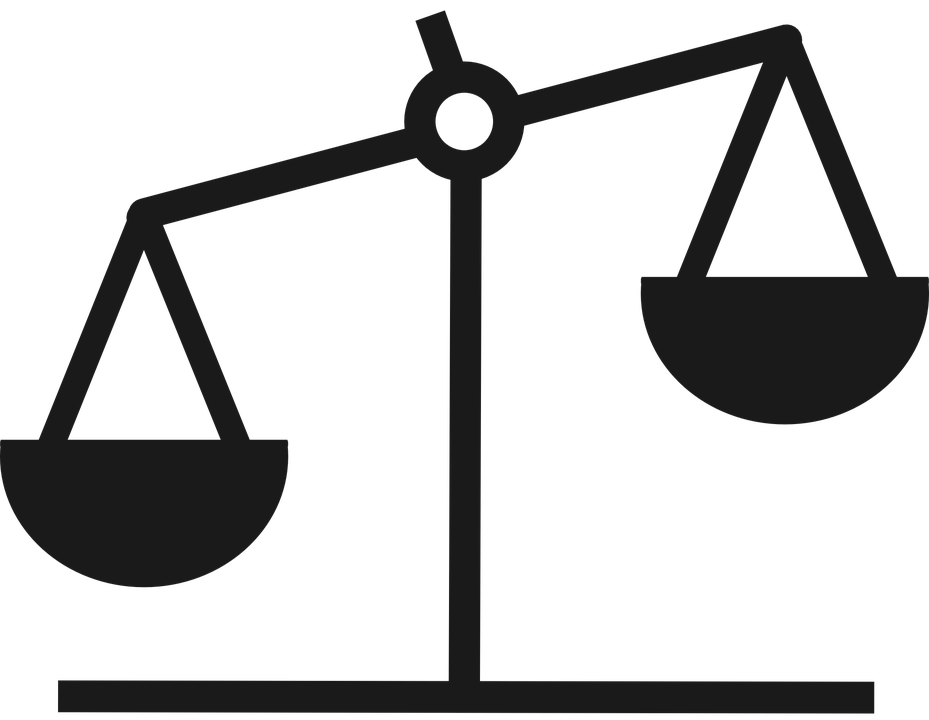Why Socialism And Liberalism Never Work:: Science !!!
Humans beings appear to be hardwired to have a sense of fairness. This is puzzling from an evolutionary perspective, which you would have thought would mean we were predisposed to seek advantage for ourselves and our families wherever possible. But in fact a sense of fairness is important for humans to be able to help each other. Human cooperation is based on reciprocal altruism – we help people because they’ve either helped us in the past or they may help us in the future.
This form of cooperation is only possible when individuals are able to keep track of other individuals’ efforts and payoffs – and a sense of fairness helps with this. But what about non-human animals? Is sense of fairness unique in differentiating humans from other animals or has it evolved in other non-human animals too?
There’s a way of testing for this in animals using an “inequity aversion task”. One test subject receives a reward for completing a task, while an experimental partner gets a “booby prize” – something they don’t particularly like. You’d imagine that individual animals that have a strong sense of fair play would either stop taking part in the experiment or refuse the treat.
One of the first species that was tested for inequity aversion were brown capuchin monkeys. In a task where the monkeys had to exchange a token for a treat, one individual was given a piece of cucumber in exchange for a token, whereas a model individual – another monkey not the focus of the experiment – in an adjacent cage got a grape for the same action. Capuchin monkeys prefer grapes to cucumbers – and the individual receiving the cucumber soon started to “protest” by throwing the unloved vegetable back at the experimenter. The capuchin monkeys were also well aware of unfairness in the amount of effort they had to expend to receive a reward. When they had to “work” for a reward – and could see that their experimental partner received the reward as a “gift”, they stopped participating.
In the “inequity” condition the subject crow – the bird that was being unfairly treated – stopped taking the lesser reward. In the “effort control” they stopped exchanging their token for the reward when they saw the other bird getting its reward for no effort. In both cases they could see how they were being treated unfairly and decided not to cooperate.
We all know what fair is. Requiring one to expend more effort and time than another for the same reward is unfair no matter how much liberals would like to redefine the word “Fair”….

